An manchen Orten dieser Erde fühlt man sich als Besucher wie in eine andere Welt versetzt. Dabei müssen es nicht immer gleich die lebensfeindliche Schneewüsten der Pole oder die einsamen Gipfel des Himalaya sein!
Unsere 10 außerirdischsten Orte der Welt sind vergleichsweise einfach zu erreichen und relativ gefahrlos zu erkunden. Dennoch werdet ihr euch an manchen Orten tatsächlich fragen, ob ihr euch noch auf dieser Welt befindet – so bizarr, befremdlich und wunderschön ist der Anblick!
Inhaltsverzeichnis
Salar de Uyuni, Bolivien
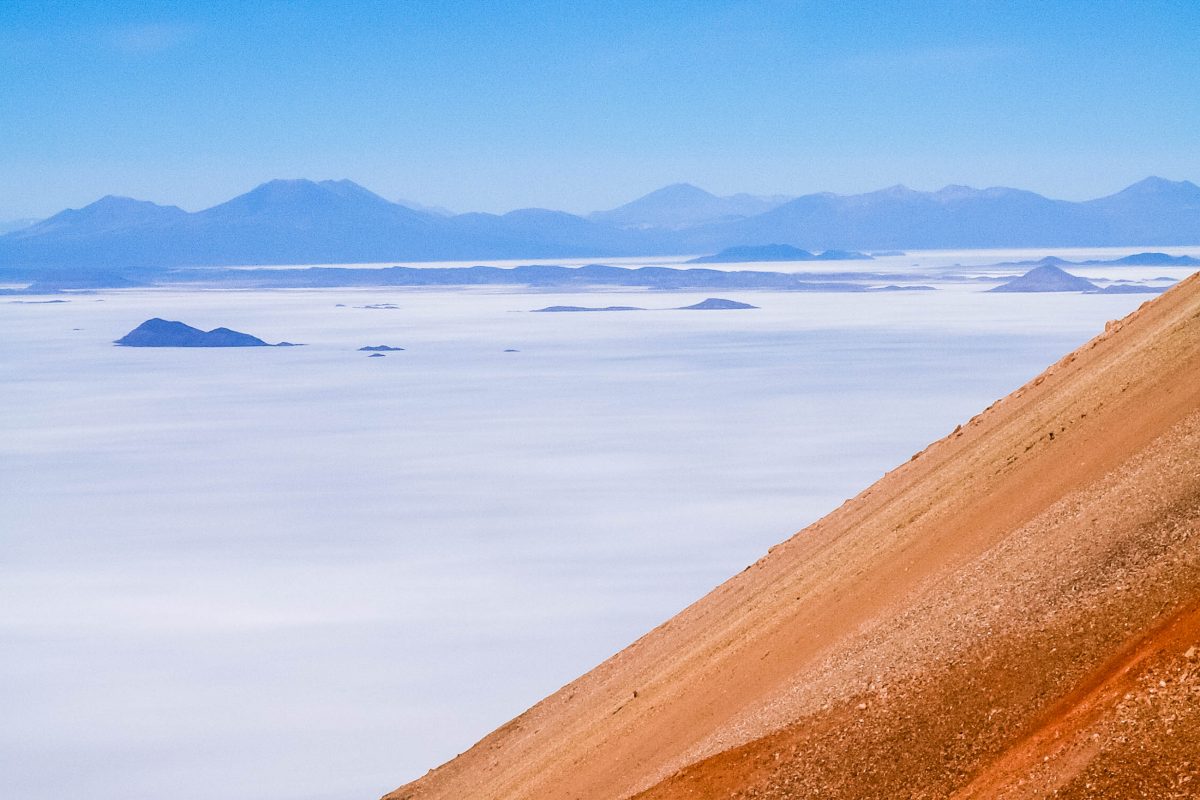
Der eindrucksvolle Salar de Uyuni im Südwesten von Bolivien ist der größte Salzsee der Welt. Seine gigantische spiegelglatte Fläche wird verwendet, um Satelliten auszurichten. Die Salzkruste ist so dick, dass auf ihm Autos fahren können – zum Beispiel zur Kakteen-bewährten Insel Incahuasi oder zum Palacio de Sal, ein Hotel komplett aus Salz errichtet.
Artikel: Salar de Uyuni
Fotogalerie: Salar de Uyuni
Craters of the Moon, USA
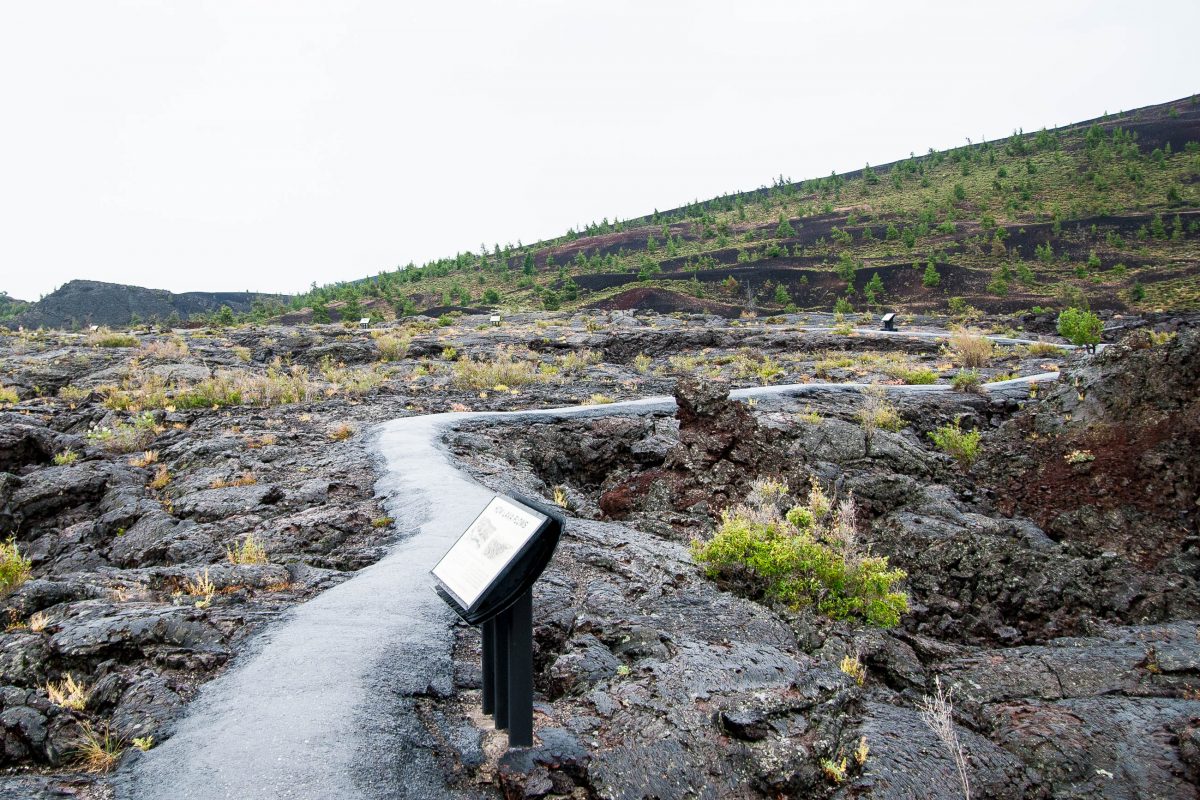
Wären da nicht hin und wieder ein paar grüne Triebe, könnte man tatsächlich meinen, man befinde sich auf dem Mond. Bei den Craters of the Moon im US-amerikanischen Bundesstaat Idaho erstrecken sich über gigantische 1600 Quadratkilometer bizarre Felsformationen, rollende Hügel aus dunkler Lava und endlose Steinfelder, die unter den Füßen wie Grillkohle knirschen.
Artikel: Craters of the Moon, USA
Fotogalerie: Craters of the Moon, USA
Pitch Lake (Asphaltsee) auf Trinidad, Trinidad und Tobago
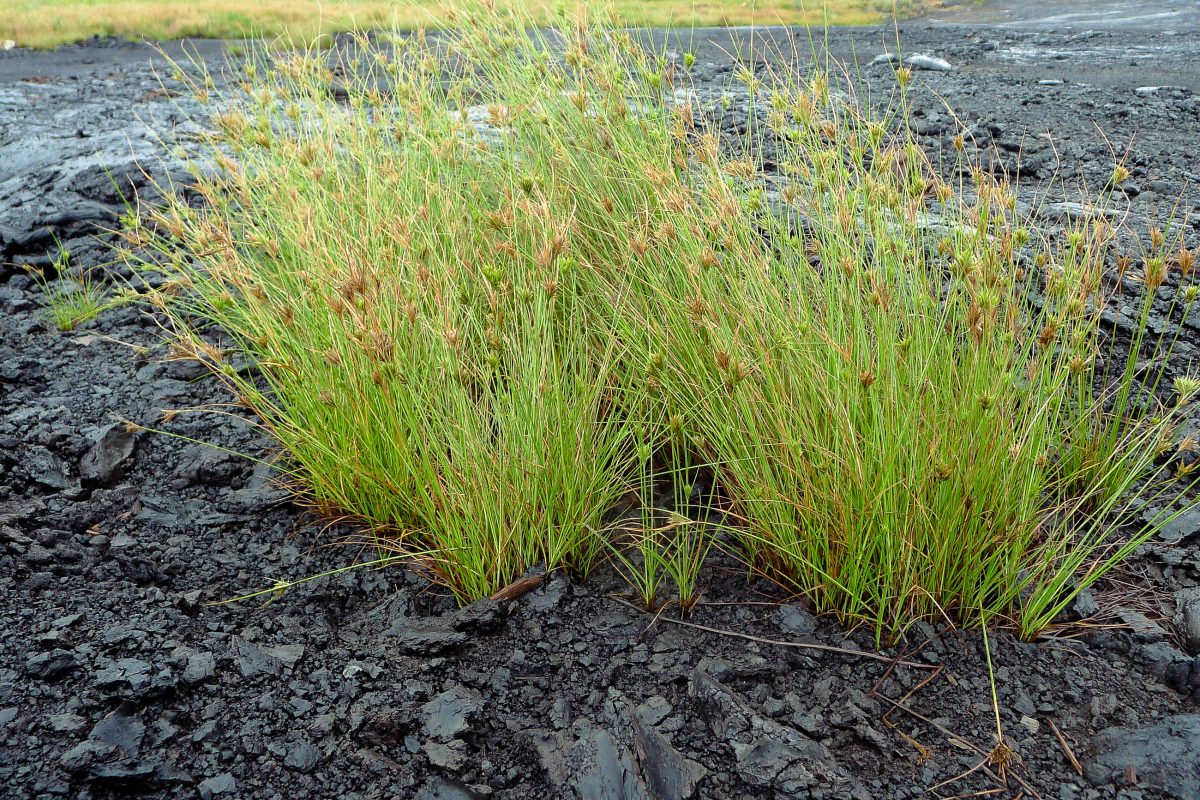
Als „eine der hässlichsten Sehenswürdigkeiten der Karibik“ wird er bezeichnet – der blubbernde Asphaltsee auf der Trauminsel Trinidad. Mit einer Fläche von 40 Hektar ist der wie ein Parkplatz aussehende Pitch Lake der größte Asphaltsee der Welt. Er entsteht auf völlig natürliche Weise durch Bitumen, das aus der Erde austritt und ermöglicht Exporte von bis zu 200 Tonnen Asphalt pro Tag.
Artikel: Pitch Lake auf Trinidad
Mount Roraima am Dreiländereck von Brasilien, Venezuela und Guyana

Seit Jahrtausenden sind die Menschen von den mächtigen Tafelbergen Südamerikas fasziniert. Der 2 Milliarden alte (!) Mount Roraima liegt zum Teil in Venezuelas spektakulärem Canaima-Nationalpark. Er hält oberhalb seiner 400 Meter hohen Steilwände eine unvergessliche Wunderwelt aus einzigartigen Tieren, Pflanzen und Gesteinsformationen bereit.
Artikel: Mount Roraima
Fotogalerie: Mount Roraima
Nationalpark Tsingy de Bemaraha, Madagaskar

„Tsingy“ bedeutet „wo man nicht barfuß gehen kann“. Wer im Tsingy de Bemaraha Nationalpark im Westen von Madagaskar unterwegs ist, wird dies bestätigen. Die einzigartige Karstformationen, deren messerscharfe Felsen bis zu 20 Meter hoch in den Himmel ragen, wurden von der UNESCO sogar zum Welterbe erklärt.
Artikel: Nationalpark Tsingy de Bemaraha
Fotogalerie: Nationalpark Tsingy de Bemaraha
Valle de la Luna (Mondtal) bei La Paz, Bolivien

Nur 10km von La Paz entfernt fühlt man sich im Valle de la Luna wie in eine andere Welt versetzt. Kaum ein Blättchen Grün durchdringt die sandsteinfarbenen Felsformationen, die sich aus Pyramiden, Felsnadeln, Türmen, Höhlen und Kratern zusammensetzt. Nach der Regenzeit (von Jänner bis März) hat sich die Landschaft oft völlig verändert.
Artikel: Valle de la Luna bei La Paz
Fotogalerie: Valle de la Luna bei La Paz
Rub al-Khali (Leeres Viertel), Oman, VAE, Saudi Arabien
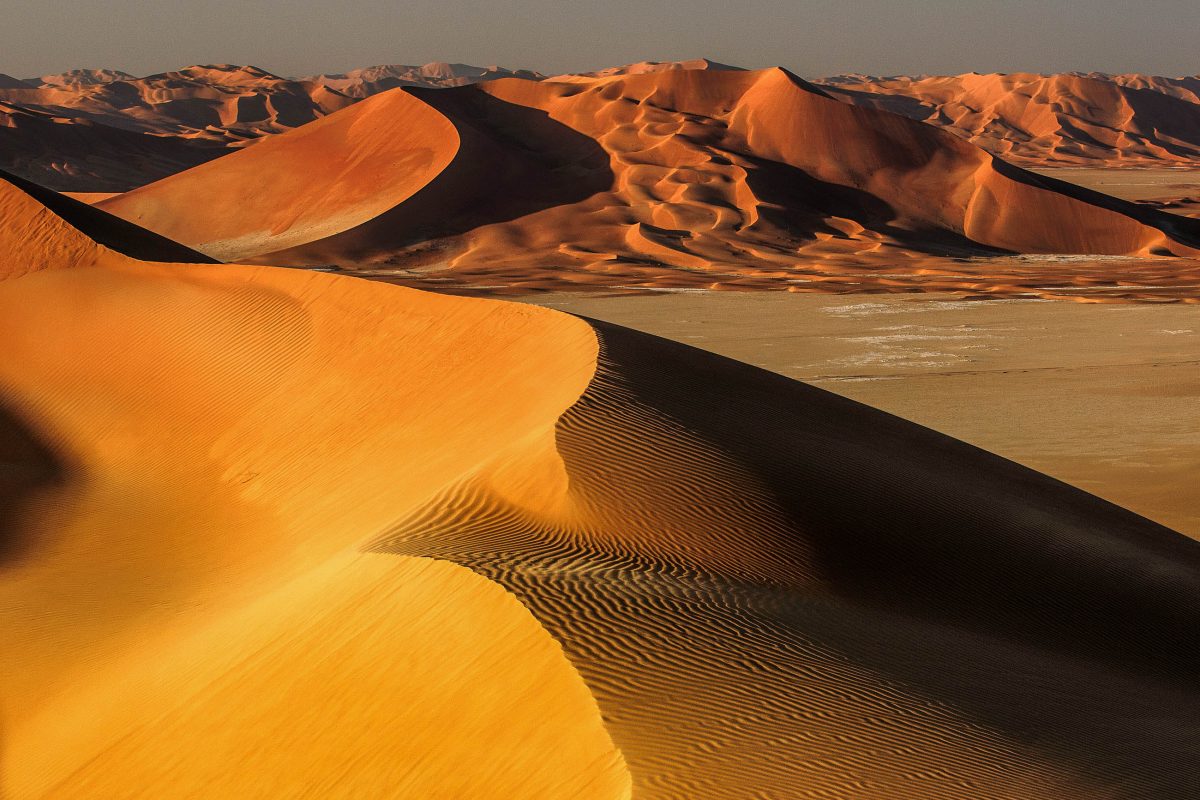
Nein, die größte Sandwüste der Welt ist nicht die Sahara, sondern die viel weniger bekannte Rub al-Khali im Süden der arabischen Halbinsel. Die Fläche der endlos scheinenden Sanddünen ist nahezu so groß wie die Türkei. Hier wohnt keine Menschenseele, lediglich ein paar Spinnen und Nagetiere. Selbst die Karawanen gehen seit etwa 300 nach Christus das Risiko einer Durchquerung des „Leeren Viertels“ nicht mehr ein.
Artikel: Rub al-Khali
Fotogalerie: Rub al-Khali
Vulkanlandschaft Námafjall, Island

Der gesamte Inselstaat Island gehört zu den vulkanisch aktivsten Regionen der Erde. In der Vulkanlandschaft Námafjall im Nordosten von Island ist dies besonders eindrucksvoll zu beobachten. Der Námafjall selbst ist ein aktiver Vulkan, der der Landschaft um ihn herum mit rauchenden Schlunden, nach schwefelgelben Löchern und kochendem Schlamm ein außerirdisches Erscheinungsbild verpasst.
Artikel: Vulkanlandschaft Námafjall
Fotogalerie: Vulkanlandschaft Námafjall
Schlammvulkane bei Berca, Rumänien
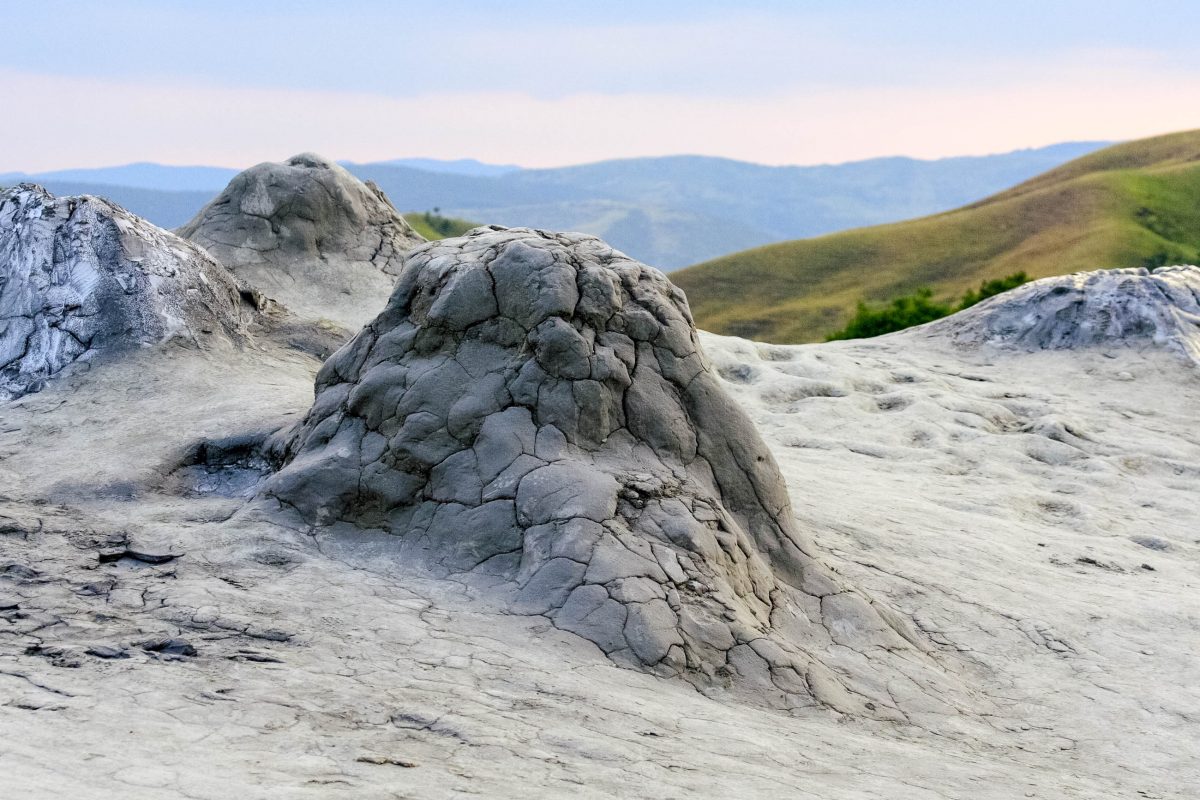
Auch die Schlammvulkane bei Berca haben im Osten Rumäniens eine faszinierende Mondlandschaft gebildet. Erdgas befördert hier heißen Schlamm und Ton an die Erdoberfläche, der sich beim Abkühlen zu bis zu 8 Meter breiten Kratern formt. Schwefel und Salz machen ein Gedeihen von Pflanzen unmöglich und so ist auch kaum ein Tier hier anzutreffen.
Artikel: Schlammvulkane bei Berca
Fotogalerie: Schlammvulkane bei Berca
Gletscher Fjallsjökull und Gletschersee Jökulsárlón, Island

Wie ein bizarres Gemälde präsentieren sich die blauschimmernden Eisberge, die vom Gletscher Fjallsjökull in den Gletschersee Jökulsárlón gespült werden. Auf den schwarzsandigen Ufern von Islands tiefstem See funkeln die Eissplitter wie tausende Diamanten.
Artikel: Gletscher Fjallsjökull und Gletschersee Jökulsárlón
Fotogalerie: Gletscher Fjallsjökull und Gletschersee Jökulsárlón
